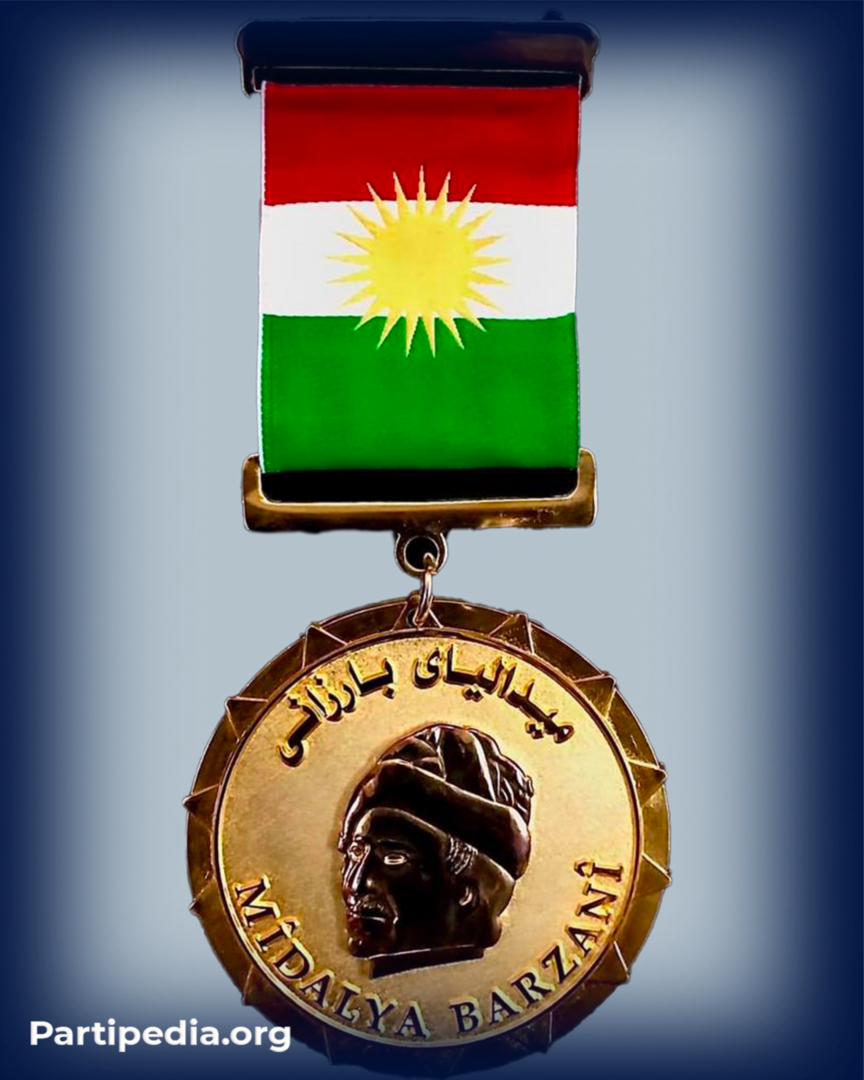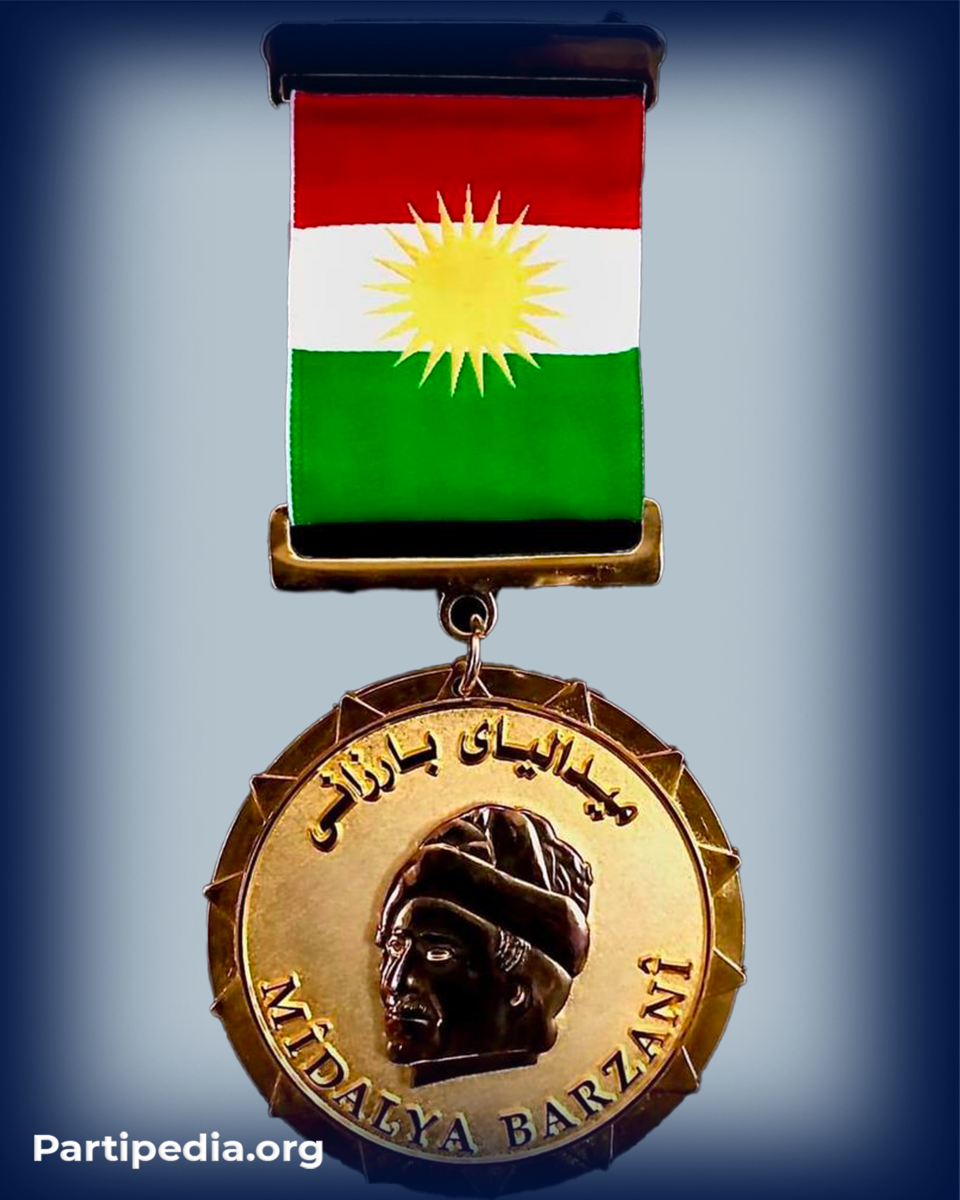Omar Ali Halo Sindhi was born in 1949 in the village of Bosal, located within the Darkar township of Zakho district in Duhok province. His father, a prominent figure, served as the commander of the first Peshmerga battalion in Zakho in 1962. During this period, Omar Ali took on the responsibility of managing his father's writings, demonstrating his commitment from an early age. Tragically, on September 28, 1968, Ali Halo was martyred in the Battle of Batifa. Following his father's untimely death, Omar stepped into his father's role, continuing his legacy. He went on to participate in the significant battles of Kamaka and Mount Zakho, cementing his place in history as a dedicated and courageous figure.
In 1970, Omar Ali Halo Sindhi was appointed as the commander of the Zakho border guard, marking the beginning of a distinguished military career. Four years later, in 1974, he advanced to become the commander of the 1st Battalion of Zakho. That same year, he actively participated in the pivotal battles of Chia Spi, Kokhi Neria, and Garwi Omar Agha in the Diyana district of Erbil province.
Following the collapse of the Aylul Revolution in 1975, Omar Ali demonstrated remarkable resilience by moving to North Kurdistan, where he sought refuge in the villages of Farashin, Melise, Bayt al-Shabab, Oludere, Wan, and Batman. In December 1979, he relocated with his family to East Kurdistan, initially settling in Zewa camp before moving to Naghdeh in March 1980 to assist the forces of Abdul Rahim Jasim and Ali Khalil Khoshaw.
In 1982, he returned to South Kurdistan, specifically the Mergasor area of Erbil province, alongside Idris Barzani, Sheikh Muhammad Khalid, and Lieutenant Yunus. He spent six months in the Katina area during this period. His commitment to his people continued in 1991, when he led a Peshmerga force from Zakho back to Haji Omeran during the Kurdistan Uprising. That same year, he was appointed commander of the Hamrin force in Zakho.
Omar Ali's leadership extended beyond the battlefield. In 1997, he was tasked with coordinating relations between the Kurdistan Democratic Party (PDK) and Turkey at the Slupia border crossing, a critical role in regional diplomacy.
Omar Ali Halo’s life was marked by profound personal sacrifice. His father, mother, and brother Lazgin were all martyred, with his mother and brother tragically losing their lives in 1964 when grenades were thrown into their home. Additionally, eight of his cousins were martyred in 1964 and 1965.
In recognition of his enduring dedication and service, Omar Ali Halo was awarded the prestigious Barzani Medal by President Massoud Barzani at the 13th Congress of the Kurdistan Democratic Party in 2010.
Source:
Kdp encyclopedia archive





